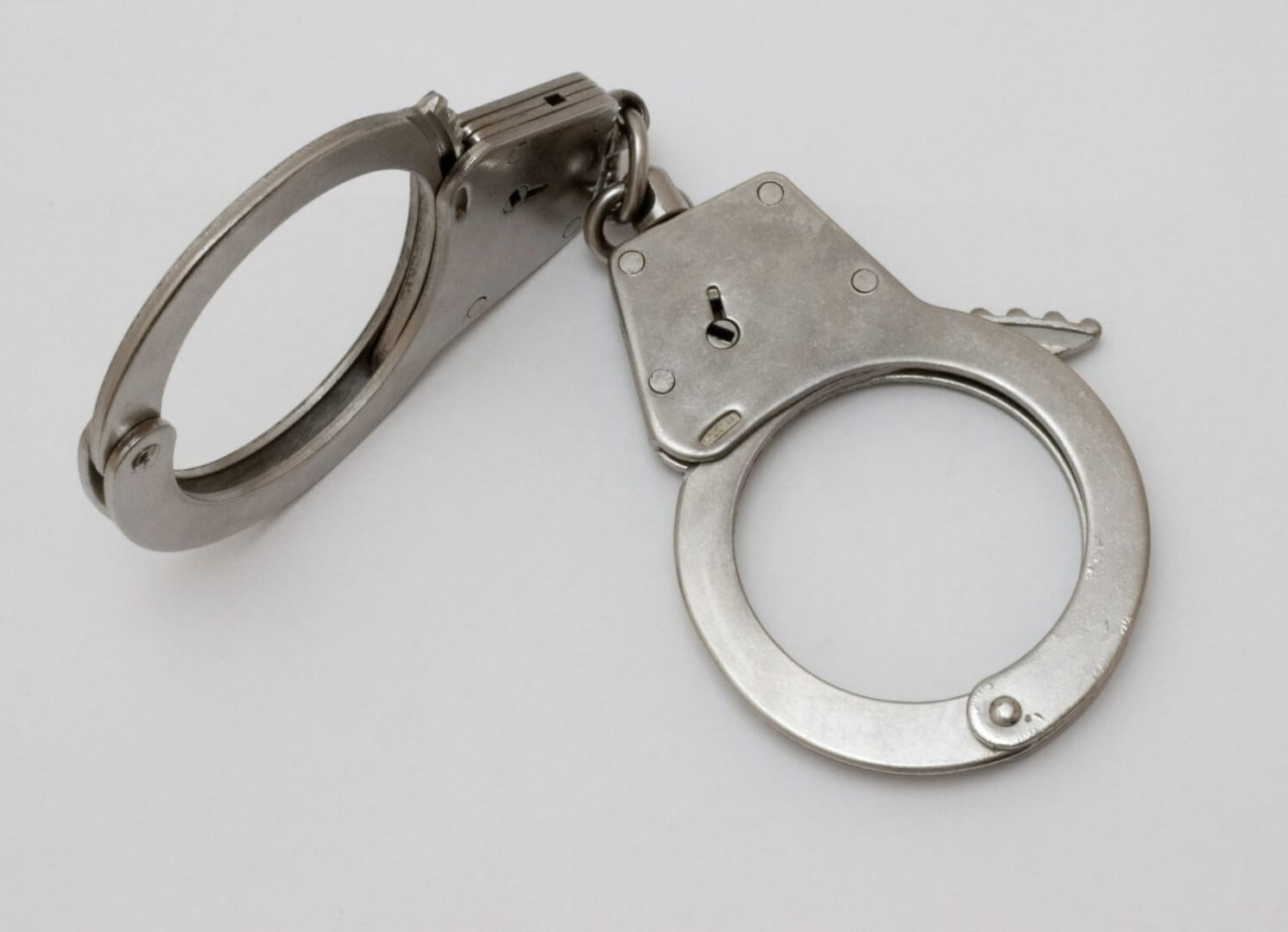It’s an unfortunate fact that someone who drives while under the influence of drugs or alcohol is likely to do it again in the future. 35 percent to 40 percent of all fatally injured drunk drivers are estimated to have had at least one prior DWI offense. This is why the penalties to repeat offenses are particularly stiff. Some of the consequences are license suspension, vehicle impoundment, vehicle forfeiture, fines, and jail time. Of these, license suspension has proven to be the most effective at preventing multiple recurrences.
Another possibility is a device called an ignition interlock, which acts like a breathalyzer and prevents a car from starting if the driver has been drinking. There are a couple different safeguards built in to keep the interlock from being circumvented, like “blow abort,” which detects air samples that are too small, and “random running retest,” which prevents drinking while the engine is running. Of course, this does not prevent offenders from illegally driving different vehicles without interlocks. Many DWI offenders actually prefer license suspension to the use of an interlock; in fact, less than 10 percent of eligible offenders enter interlock programs.
Some states require a period of using an interlock before reinstating a suspended license, but the offender can delay reinstatement during the period the interlock would be required and avoid installing the device altogether. In some states, such as Florida, a period of using the interlock is required no matter how long the offender delays. One problem with these programs is that many DWI offenders delay reinstatement for a year or more, and up to one third never reinstate.
Vehicle impoundment and forfeiture are almost always limited to repeat offenders. Some state courts have even ruled that vehicle confiscation can be an excessive punishment and have limited its use. In most cases, the vehicle will be returned after payment of fines and administrative fees. This can be expensive, as storage fees can be $20 a day. Some owners simply abandon low-value vehicles rather than pay the costs. In California, impoundment programs are generally run by towing contractors and supported by fees paid when drivers reclaim their vehicles or by the sale of unclaimed vehicles.
In California, it is possible to lose ownership of your car entirely. This is called asset forfeiture, and it mostly happens when your vehicle was used to commit a crime. In DWI cases it’s mainly used if the DWI involved illegal drugs, particularly if the police found some of the drugs in the car when they searched it, or if someone was killed in an accident related to your driving. Your car can also be forfeited if you have too many priors – if you have three DWIs in a seven-year period, the court can declare your vehicle a “nuisance” and seize it.
If you or a loved one need help to quit drugs or alcohol, consider Asana Recovery. We offer medical detox, along with both residential and outpatient programs, and you’ll be supervised by a highly trained staff of medical professionals, counselors, and therapists. Call us any time at (949-438-4504).



